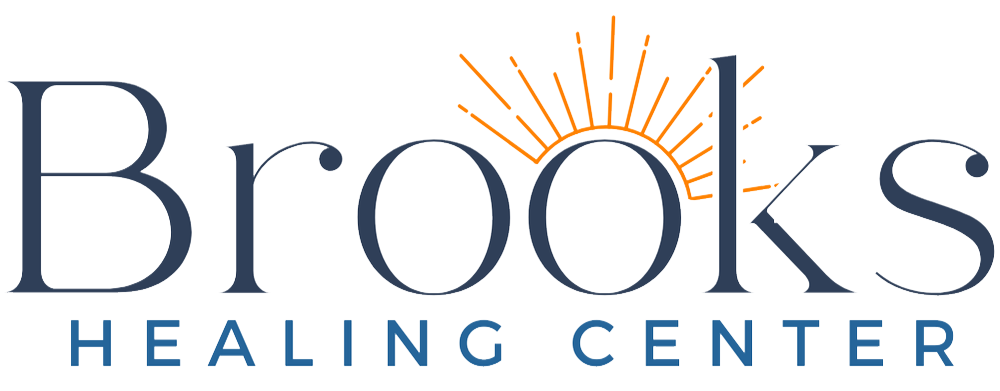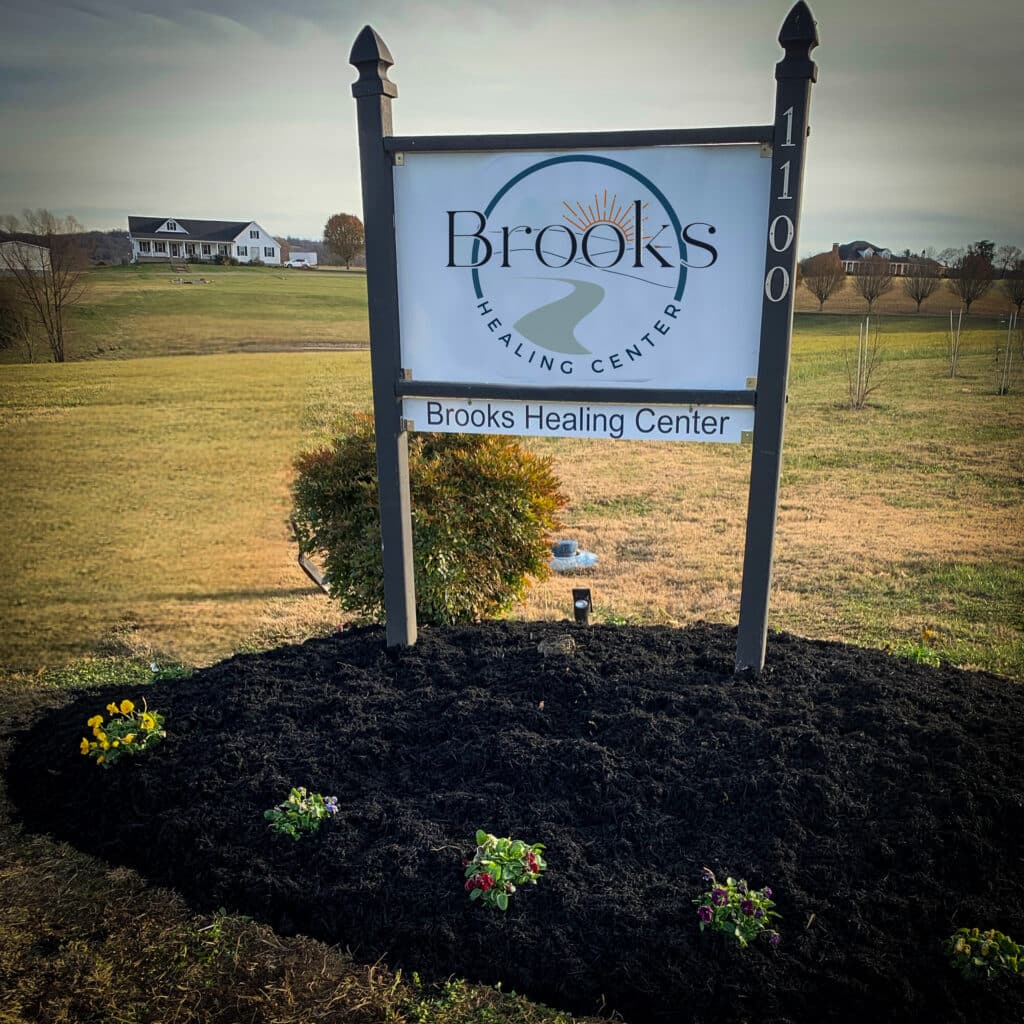Inpatient rehabilitation involves living at a facility full-time where you will be provided with intensive care and 24/7 support for substance use disorder treatment. Outpatient rehabilitation allows individuals to receive treatment while continuing to live at home, offering more flexibility but generally less intensive support compared to inpatient programs.















